It’s Christmas in El Salvador
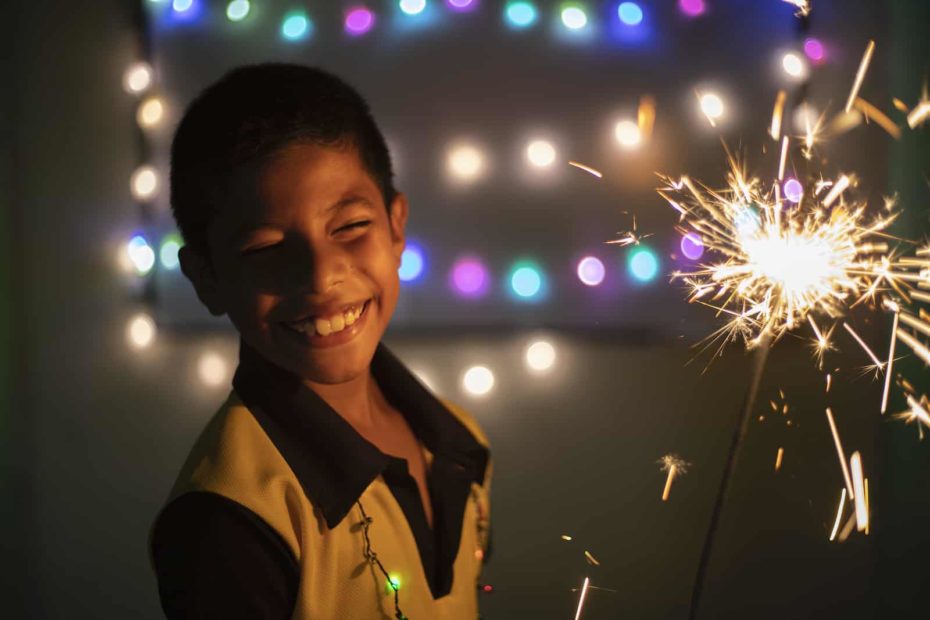
Christmas in El Salvador is a magical time. Right after the last September rains and the windy days of October and November, a cool breeze and fresh spring-like days fill the atmosphere, announcing that the dry season (usually called “summer”) is here, and suddenly everything is green, red and full of lights. It is Christmastime.
Continue Reading ›Easter in El Salvador
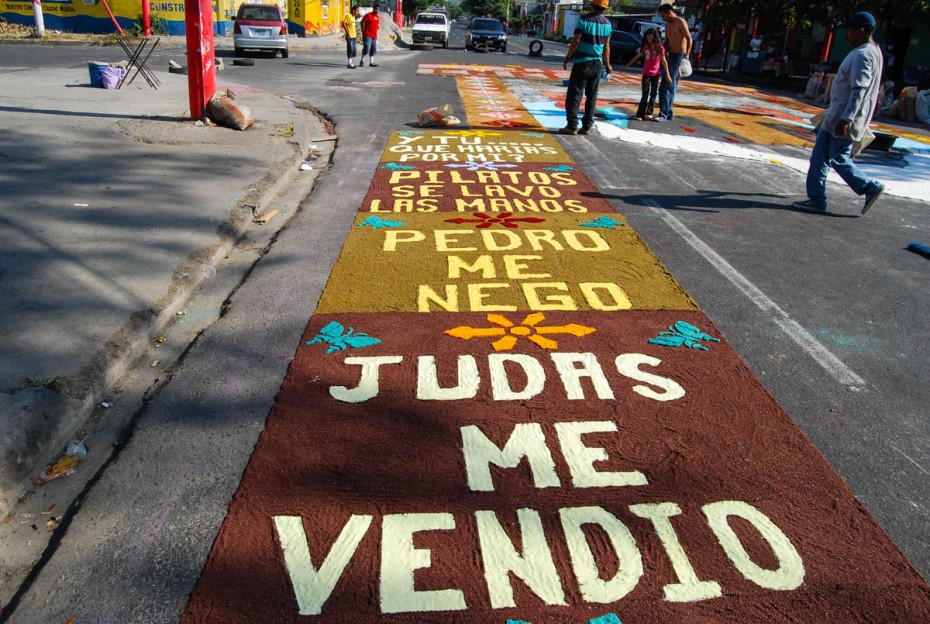
Easter Week in El Salvador is celebrated differently than the way it is celebrated in the United States. In the United States, Easter often includes the Easter Bunny and egg hunts. In El Salvador as well as many other Central American countries, it is celebrated with a much different atmosphere.
Easter feels like summer. The sun shines strong in the skies, the breeze somehow fresh, somehow warm. It is definitely the middle of the dry season in El Salvador, the equivalent of summer in northern lands. Everything around, from sale signs to music, talks about sun and sand. The opportunity to enjoy beaches that are just an hour away from San Salvador is almost here.
For a full week, students are out of school and have the opportunity to enjoy beaches, visit relatives and do nothing; it is almost the equivalent to spring break in the United States. However, there is one unequivocal characteristic that reminds every Salvadoran that it is not just a break, and that there is more than just sun and fun waiting for us during that week in April.
In El Salvador, the week of Easter is Holy Week, and the festivities revolve around Roman Catholic tradition. Roman Catholics account for nearly 60 percent of the population. Protestant (also called evangelical) churches account for slightly more than 20 percent.
Even though El Salvador does not have an official religion, since the time of colonization Roman Catholic traditions have been the most common and most practiced in the country. Easter Week is the most important celebration for the Roman Catholic Church.
“It is slightly different for the Protestant Church” says Sister Wendy, wife of Pastor Rodolfo at the Baptist Tabernacle Church of Majucla. “For most of the children, Easter Week is an opportunity to spend time with their families. People take advantage of this time to go back to their homeland and spend time with their families.”
One of the most important Easter traditions in El Salvador is Lent. During this 40-day period before Easter, named “Cuaresma” in Spanish, people fast, pray and give alms. The last week of the 40 days is called “Bigger Week” or “Holy Week.”
On Good Friday, there are two major processions. Early in the morning there is the “passion,” which is the representation or commemoration of the walk that Jesus took with the cross toward Golgotha. It is finished around noon.
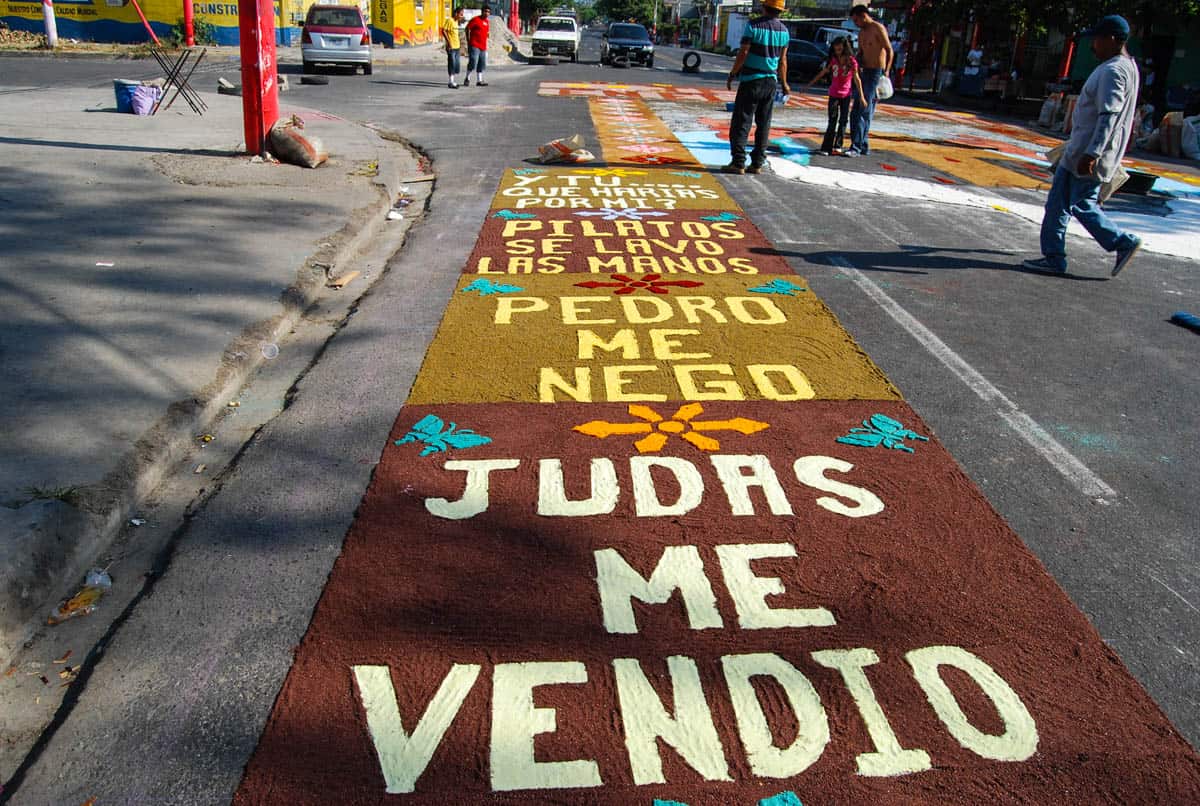
Then in the afternoon, Roman Catholic churches and communities start making rugs on the streets with sawdust, which will later be part of the path where the “holy funeral procession” will pass, carrying the symbolic dead body of Christ.
The making of these rugs represents one of the greatest traditions for the Roman Catholic Church in El Salvador, since entire streets and main avenues in many places of the country are completely closed. The rugs cover entire streets.
Appreciation of the rugs goes beyond religion. For Salvadorans, it is about appreciating the art and about appreciating the effort the people put into making the rugs. For Salvadorans, it is a gift, an offering they are making for Jesus.
Catholic or not, Salvadorans go out into the streets on Good Friday to see the rugs. Apart from this tradition for Good Friday, Holy Week develops differently for Protestants.
For the Evangelical Church in El Salvador, Holy Week is an opportunity to spread the Gospel to as many people as possible. If there is the opportunity to preach the Gospel and carry more people to the feet of our Lord, the church takes advantage of it and tells El Salvador the true meaning of Holy Week.
Jaimito: A Day in His Own Words
Jaime is 11 years old and lives in the La Prosperina neighborhood. He had the happy opportunity to be registered at Jesús es Amor Student Center about six years ago.
Jaimito, as many of his friends call him, is a very joyful, outgoing, obedient and disciplined child. He truly loves his parents and siblings, and most of all he has surrendered his heart to God.
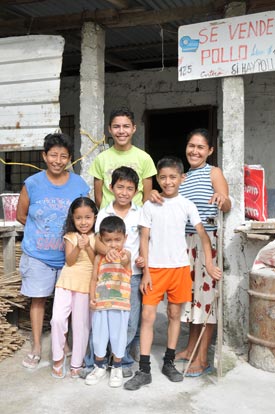 Jaime and his four siblings — Jesús (16), Jonathan (9), Allison (5) and Aarón (3) — live with their parents, Jaime and María, in the basement of a humble house. Jaimito’s grandma on his dad’s side gave the house to the family 16 years ago. It was once a warehouse full of old and useless stuff, but now it is Jaimito’s home.
Jaime and his four siblings — Jesús (16), Jonathan (9), Allison (5) and Aarón (3) — live with their parents, Jaime and María, in the basement of a humble house. Jaimito’s grandma on his dad’s side gave the house to the family 16 years ago. It was once a warehouse full of old and useless stuff, but now it is Jaimito’s home.
Jaime’s father doesn’t have a steady job. He’s an artisan who makes plaster layers that are used in roofs in most houses on the coast. Currently, he works at a little artisanal factory. He makes U.S. $40 every week.
On the other hand, María, Jaime’s mother, doesn’t work. She does all the chores at home and takes care of her five children. She would love to find a job that would enable her to sustain her family too.
María graduated as a nurse’s helper a short while ago. She took a one-year course at a local institute.
Jaimito: A Day in His Own Words
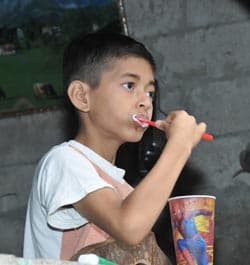 Normally, I get up at 6:30 a.m. and get myself ready to go to the center. I wash my face, brush my teeth, and then have breakfast with my family.
Normally, I get up at 6:30 a.m. and get myself ready to go to the center. I wash my face, brush my teeth, and then have breakfast with my family.
My mom usually puts a cup of coffee and a piece of bread or some crackers on the table for each of us. Breakfast is the coolest time of the day because my entire family is there.
After that, I take my medicine — the one that the doctor prescribed. She’s the doctor from the center. She’s really kind and always treats me nicely. She also encourages me a lot. I know she will totally help me to get well soon.
I leave for the center around 8:30 a.m. (more…)
10 Questions With Kenia Servellon
1. How long have you been in your current position with Compassion El Salvador, and what is your job?
Two years. I am a supervisor within the Sponsor Donor Services department.
2. What are the main responsibilities of your position?
I make sure the sponsors have up-to-date information about the children. Not just the letters, but also new cases. I keep the biannual report updated. I make sure that pictures and information are high quality and are sent on time.
3. What is an average day like for you? (more…)
One Million Changed Lives
Ali Anderson, one of our ambassadors to the future,* shared this prayer at our 1 millionth child celebration last Friday. We thought we’d share it with you, along with another video from the celebration.
“For nothing is impossible with God.” – Luke 1:37 (NIV)
Most Holy King,
We stand before You right now in complete awe. In awe of who You are, of what You have done, and what You are doing.
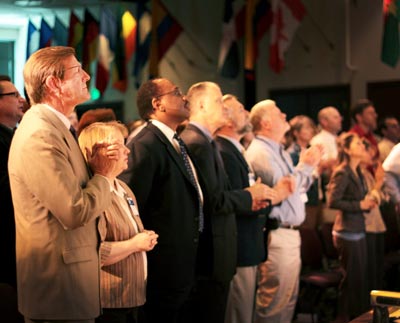
Thank you for being so visibly present in the circumstances of today. We are so humbled by Your greatness and by Your presence in our lives. You are the Creator of the heavens, the orchestrator of the orbits, and the breath of life. (more…)
School for Parents
It is a sunny Sunday morning in San Salvador. It is dry season.
Just as any other Sunday, there are people in the streets coming and going. Housewives with shopping bags going to the local outdoor market to buy the ingredients for lunch, families with their best garments coming from church, and kids going with balls to the park.
The air is filled with freshness and calm, and somehow the future seems brighter for many people going to the local church in the Majucla community.
In a neighborhood named Cuscatancingo, in a poor area of San Salvador, walls full of graffiti, stray dogs, and police and military forces are part of the normal landscape. There are also groups of teenagers with baggy pants and big shirts, some of them with tattoos. They are gang members just ‘chilling.’
In this neighborhood, there is a church named “Tabernaculo Biblico Bautista Majucla” or Baptist Biblical Tabernacle of Majucla. And on this day, at a little bit past 10 in the morning, there are over 100 people in the church.
There is a line outside of the church, and it is growing. The church is almost full. For anybody just passing by, this seems like the second service at the church, but it’s not. The message is a bit different because it is a monthly meeting that the center has with the parents of the children enrolled. (more…)

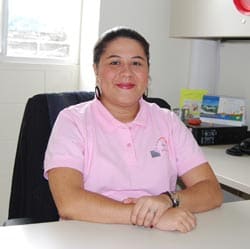 I make sure the sponsors have up-to-date information about the children. Not just the letters, but also new cases. I keep the biannual report updated. I make sure that pictures and information are high quality and are sent on time.
I make sure the sponsors have up-to-date information about the children. Not just the letters, but also new cases. I keep the biannual report updated. I make sure that pictures and information are high quality and are sent on time. 
